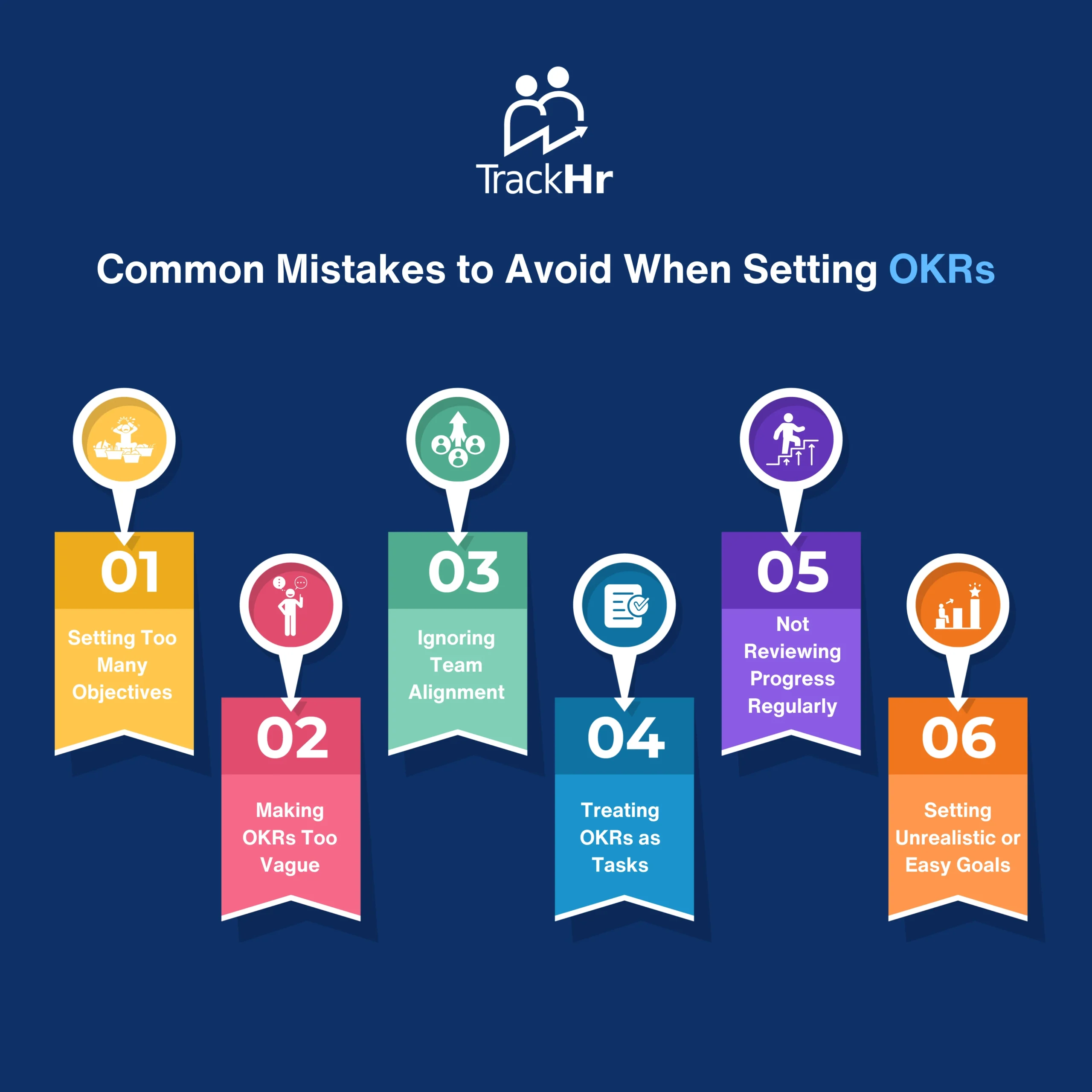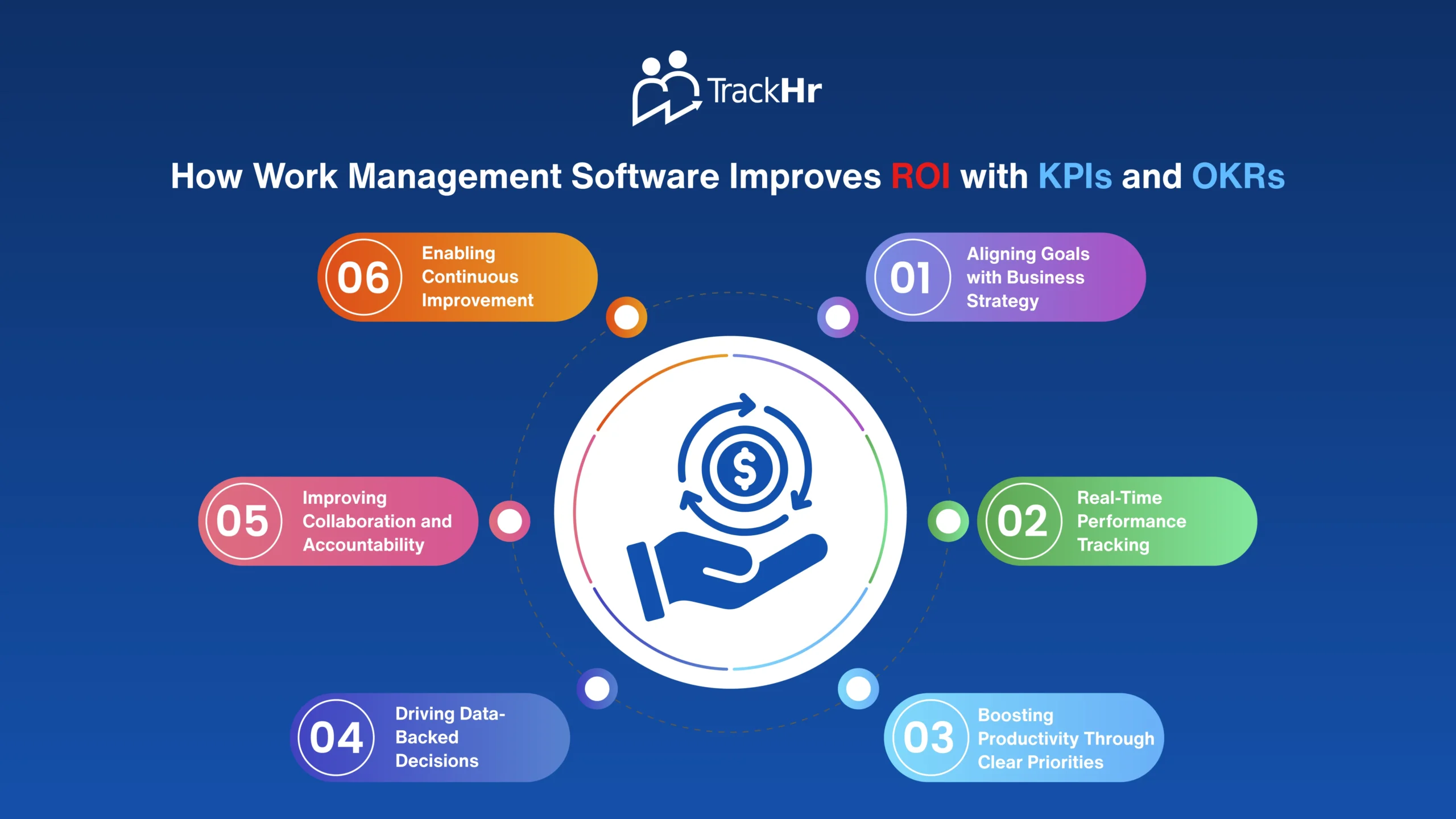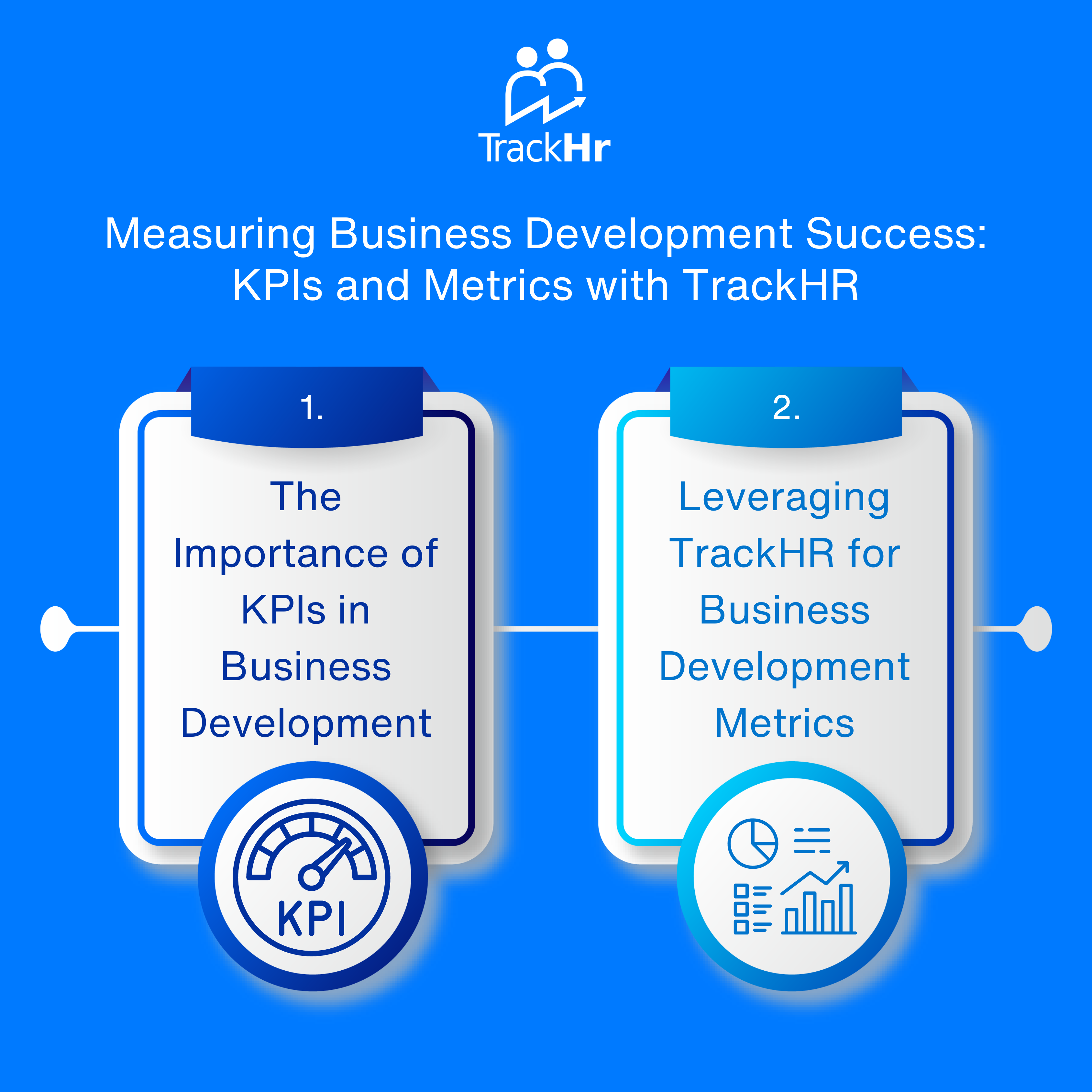Blog
Common Mistakes to Avoid When Setting OKRs
- August 18, 2025
- 10:50 am

Modern businesses use one of the most potent goal-setting frameworks known as OKRs ( Objectives and Key Results). They assist organizations to synchronize departures, track progress, and realize outputs with some growth in them. Nonetheless, poor execution is the reason why results are not realized by many companies. Being aware of the common mistakes to avoid when setting OKRs can be a time saver, make it more detailed, and allow for higher success.
1. Setting Too Many Objectives
Among the most common mistakes to avoid when setting OKRs is attempting to address excessive goals. When they are focused, OKRs work best—trying to assign numerous goals to your staff practice in confusion and no direction. Limit yourself to 3-5 worthwhile goals at a time.
2. Making OKRs Too Vague
Goals are supposed to be motivating, and key performance indicators should be quantifiable. Most companies are unsuccessful because they have generic OKRs by having an objective of “Increasing sales performance.” Rather, describe objective results like, “Drive more monthly revenue into sales by 20%.” Plainness is essential to performance.
3. Ignoring Team Alignment
Neglecting team alignment is the other typical mistake one should watch out for when setting OKRs. Without connectivity between individual OKRs and the overall goals of the company, teams can operate in isolation. Make all organizational priorities come down through the OKRs of all teams.
4. Treating OKRs as Tasks
OKRs are not a set of instructions. They are to be outcome-based goals rather than tasks. Such as, instead of “Launch a new website, task: Increase the conversion rate of the website by 15 percent with a new launch.
5. Not Reviewing Progress Regularly
One of the habits that should be avoided when coming up with OKRs is placing them when they are required and then ignoring them. OKRs must be tracked. Weekly or month-to-month reviews can help find obstacles and change strategies.
6. Setting Unrealistic or Easy Goals
OKRs have to be in balance: over-ambitious, and teams may become discouraged; simple, and they have no growth power. Set challenging goals that are attainable with teams working outside of their comfort zone just a bit.
Conclusion
These are some of the typical pitfalls to be avoided when establishing OKRs, and they can change how your business works dramatically. Putting quantifiable, verifiable, and congruent goals will provide your workforce with a path to achievement. It is important to remember that OKRs are not focused on checking off a list of things that need to be done, but on focus, openness, and impact.
Exhausted from managing performance management manually?






